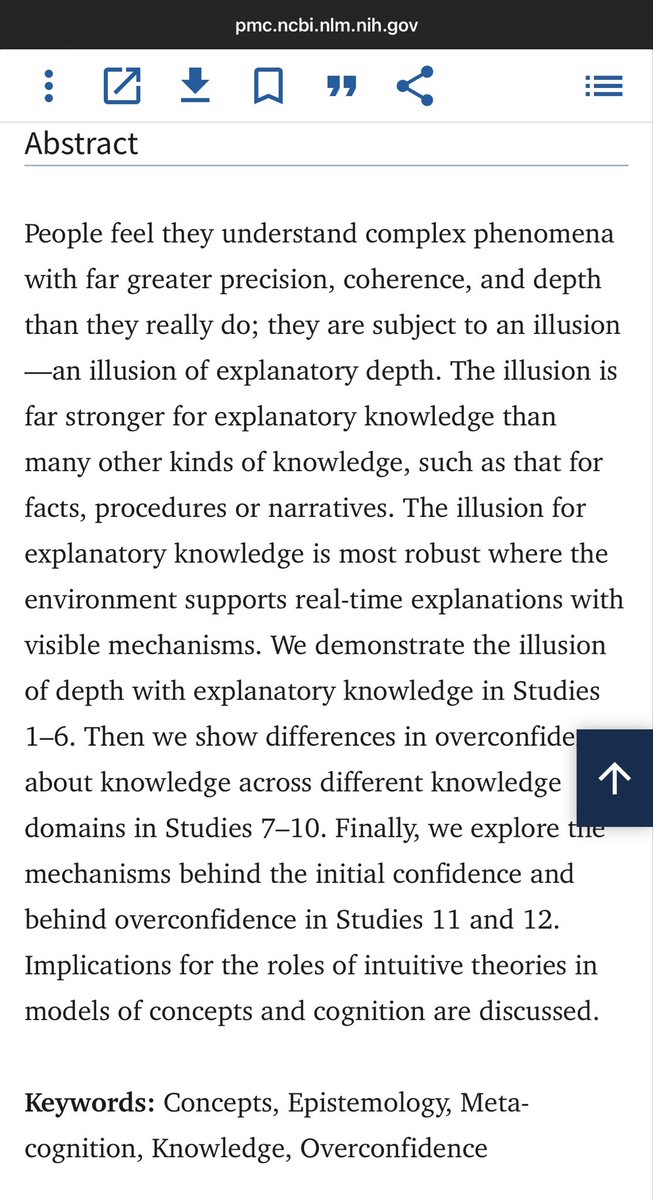Here are some problems with factoring historical injustices into decision making processes. Also known as “equity.”
1) Groups will compete for the distinction of having been the most historically oppressed so that they will receive the largest share of resources.
2) Individuals and groups will undervalue the traits necessary for success to the extent that they’ll receive an unequal distribution in their favor. This cycle cannot be broken because merit is inherently disincentivized.
3) The system will incentivize frequent airing of past injustices. This is because doing so will increase the likelihood of receiving a greater share of whatever is being distributed.
4) Proponents of equity-based systems must increase their confidence in the claim that “past oppression was responsible for current disparities” beyond the warrant of the evidence. If they did not, they would not be eligible for as many resources.
We cannot create fair systems by treating people differently on the basis of identity markers or past injustices. We can create fair systems by placing equality front and center. This begins with granting everyone a public education of the first rate and exceptional health care.
• • •
Missing some Tweet in this thread? You can try to
force a refresh






